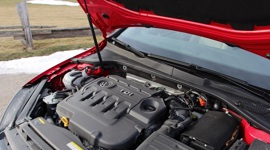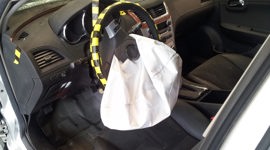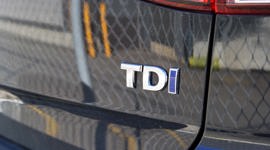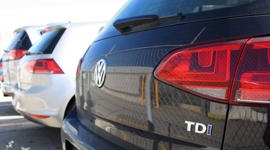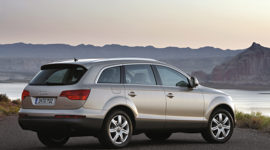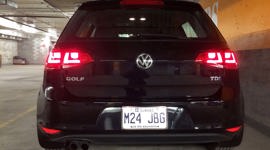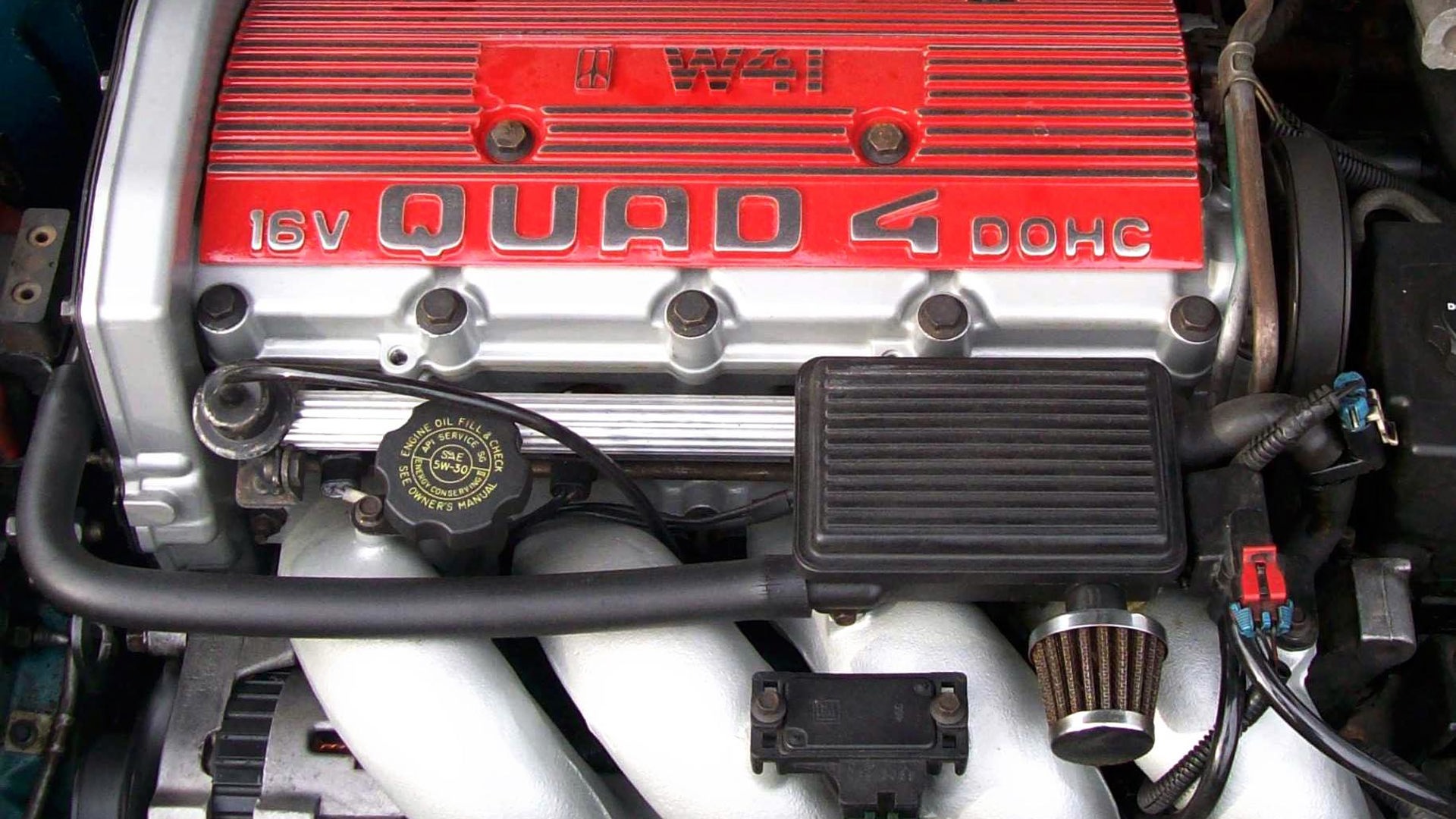Volkswagen has reached an agreement with the US Environmental Protection Agency (EPA) regarding 482,000 diesel models that used a special software program to comply with emissions standards during testing, while running 'dirty' in normal operation, emitting more particulates and pollution than permissible according to US emissions laws. The exact settlements are not finalized, but Volkswagen has proposed to either buy back 2.0L TDI models (most Volkswagen, but some Audi models as well) or pay for the significant modifications that would bring them into compliance with additional cash compensation. While some reports have suggested VW will pay an estimated $5,000 for each vehicle, that figure is not final, with the EPA, VW, California Air Resources Board, and California Attorney General continuing to work out the settlement until June 21. Also not yet resolved is what compensation or modifications VW Group will propose for owners of Audi, Porsche and Volkswagen vehicles with the larger 3.0L V6 TDI engines, which also used special programming to cheat emissions tests.
Taking a look back at the entire saga, Friday, September 18, 2015 is not a date Volkswagen AG will remember fondly. That day, the news broke that VW had installed emissions control "cheat" software in millions of its popular diesel engines to make them run cleaner when connected to test equipment than they did in normal driving.
The story begins in 2012, when a group of researchers at West Virginia University (WVU), led by assistant professor Arvind Thiruvengadam, won a grant from the International Council on Clean Transportation (ICCT) to run some tests on a few modern diesel cars. Among them was a pair of Volkswagens fitted with the company's by then well-known TDI diesels. Thiruvengadam's team discovered that the Volkswagens weren't running as cleanly as the company claimed they did, and determined the cars had been fitted with a defeat device meant to recognize when the car was hooked up to emissions test equipment. What follows is a timeline of the major milestones in a corporate scandal that, six months later, is still not over.
September 18, 2015: Based on WVU's findings, the U.S. Environmental Protection Agency (EPA) issues a notification of violation to VW over allegations that the company's 2.0L TDI diesel engine -- used in VW Jetta, Golf and Passat and Audi A3 models sold between 2009 and 2015 -- had been programmed to "circumvent EPA emissions standards for certain air pollutants." Initial estimates suggest as many as a half-million vehicles are affected worldwide.
September 21, 2015: The number of cars involved swells to 11 million.
September 22, 2015: Environment Canada opens its own investigation into the scandal.
September 23, 2015: It's revealed that 105,000 of the defeat device-equipped vehicles were sold in Canada. That same day, VW CEO Martin Winterkorn resigns, saying that "VW needs a fresh start, and I am clearing the way for this fresh start with my resignation."
November 2, 2015: The EPA serves VW a second notice of violation, this time over new allegations the company's 3.0L TDI V6, used in the VW Touareg, Audi's A6, A7, A8 and Q5, and Porsche's Cayenne, was fitted with a similar defeat device. These allegations apply to cars sold during model years 2014 through 2016.
November 19, 2015: Volkswagen tells the EPA that it had actually been installing defeat devices in its 3.0L TDI since 2009.
November 25, 2015: The California Air Resources Board (CARB), the regulatory body whose goal is to control air pollution in that state, agrees to a VW plan to reprogram the engine control software in the 3.0L V6. Also that day, VW said it would begin fixing European cars affected by the diesel cheat in January with a newly-developed part. North America's stricter nitrogen oxide emissions rules mean this fix won't work for the affected cars on this continent.
January 4, 2016: The U.S. Department of Justice files a complaint against Volkswagen and its subsidiaries for "alleged violations of the Clean Air Act."
January 21, 2016: The VW group reveals a corporate decision to prioritize development of its electric and hybrid vehicle powertrain technology, a strategy that necessitates delaying the launch of its Q4 crossover.
February 29, 2016: The public gets its first idea of what kind of financial hit VW will take in the wake of this scandal, as new CEO Matthias Mueller reveals that VW has set aside 6.7 billion euros to "fix" the cars involved, saying "that should be enough."
March 8, 2016: The German government reveals it has expanded its investigation into the Volkswagen scandal, and that the number of "suspects" had risen to 17 from an initial list of just six. On the same day, the United States government issues a subpoena to Volkswagen AG under a U.S. law that gives that country's government authority to investigate "large financial institutions." VW's only comment is that it "will continue to cooperate with all relevant government agencies."
March 9, 2016: Volkswagen USA announces the "immediate" departure of its CEO, Michael Horn, who is replaced by VW USA Chairman Hinrich Woebcken.
March 26, 2016: Volkswagen is given a one-month extension on the deadline by which it was to have submitted to the EPA and CARB a plan for how it would deal with the 600,000 dirty diesel-powered VW, Audi and Porsche vehicles sold in the United States. The new deadline is April 21, 2016.
March 29, 2016: The U.S. Federal Trade Commission (FTC) sues VW for deceiving consumers with its "clean diesel" advertising campaign.
April 21, 2016: VW of America announces that the owners of 482,000 emissions-cheating 2.0L TDI models will receive "substantial" compensation this summer, either through a vehicle buyback or through a conversion process to bring the cars into compliance with emissions regs.
April 26, 2016: The New York Times reveals a top VW tech exec prepared a PowerPoint presentation that explained how the manufacturer could cheat the EPA's emissions testing procedure.
June 28, 2016: Volkswagen AG publishes a press release and reveals the cost for settling U.S. accounts related to its diesel emissions scandal will be $14.73 billion USD.
